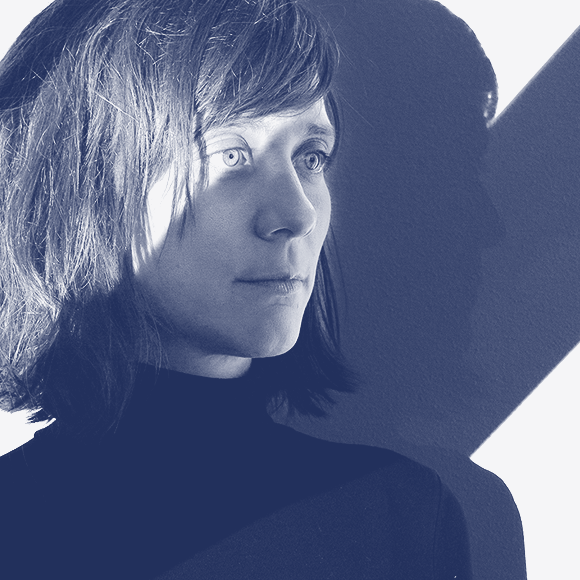We have a stunning group of speakers and guests sharing with us this year at TypeParis. We wanted to find out a little more about each of them, so have presented them with a series of questions which they have generously taken the time to answer.
Marta Cerdà is a multi-faceted Graphic Designer whose main body of work is focused on the boundaries between typography and illustration. While Cerdà’s style is strongly eclectic, she believes that the separation of these two disciplines into specialised activities is a limitation. Instead, she opts for a multi-disciplinary approach that brings functional beauty and emotion to her unique design work.
What can you reveal us about your new book?
Marta Cerdà Alimbau Counter-print books is making a monograph on my work. It’s a walk through the past 15 years of my professional life as a graphic designer. We found the best way to organise my work was to divide the book in chapters that’d go from the most classic historical lettershapes, to lettering, digital effects, works where the lettershapes function more as images and finally images and pure illustrations. It’s a gradient of work that goes from type to image. It’s going to be out before the end of the year.
“I probably see letters as images and images as semantic forms.”
— Marta Cerdà Alimbau

How do you divide your work-time between lettering projects and illustration ones?
I don’t divide them or count the time I spend between them. But it all comes from the same place, I’m afraid, for me. I probably see letters as images and images as semantic forms. I consider myself a graphic designer, and I use type and illustration as a tool, like designers used to do before the computer era.
“I draw letters, I don’t write them. That is a similar skill that you have to foster when illustrating.”
— Marta Cerdà Alimbau
Which advantages do you think you have as being an illustrator in the typography field?
Hmm, I don’t think I’m an illustrator, really. I am probably a bit of an outsider both in the illustration and in the typography field. But, that said, I draw letters, I don’t write them. That is a similar skill that you have to foster when illustrating. As a graphic designer, I see and work type as if it was an image itself. I like to explore different tools, this is something it helps me tailor a better solution for each brief and not to get bored using always the same processes when working. When it comes to type I can then choose which solution or tool is better in every case.
During your creative process, do you draw on paper before switching into the digital workflow?
No. I may do something really schematic, but sometimes not even that. Depending if I have to do a lettering that is more classic, or if it is something more related with an idea or with the effects.
But in any case, my process is learning by doing. It’s while I’m working that I make decisions, directly in the computer, starting with an idea as a pinpoint but it’s nothing set in stone. I work by a process of “trial and error”.
“My process is learning by doing. […] I work by a process of ‘trial and error’.”
— Marta Cerdà Alimbau

What is your favourite way to start your day?
Early mornings are the part of the day for me to work, when there’s still quietness and no one is expecting you to answer, around 7am in the morning, I sit down with a latte and I open the computer. It is the perfect moment to watch with a fresh pair of eyes that project I was feeling stuck with.
Do you prefer a permanent/dedicated workspace, or do you like to keep mobile?
I work better from home. But, mentally, it is healthier for me to have a workspace, permanent, with just a few more people. So depending on the day I stay home or I go to the studio. I could never work from a cafe, or outdoors, or a place with many people, I need silence.
Thank you very much, Marta!
– Interview by Gina Serret
Learn more about TypeParis courses and conferences!
➼ Reports
➼ Type & graphic designers interviews
➼ Attendees feedback series
➼ Summer23 programme
➼ Now23 conference
Apply to TypeParis Summer course!
The deadline for applications is 14 March, every year.
SPONSORS



















